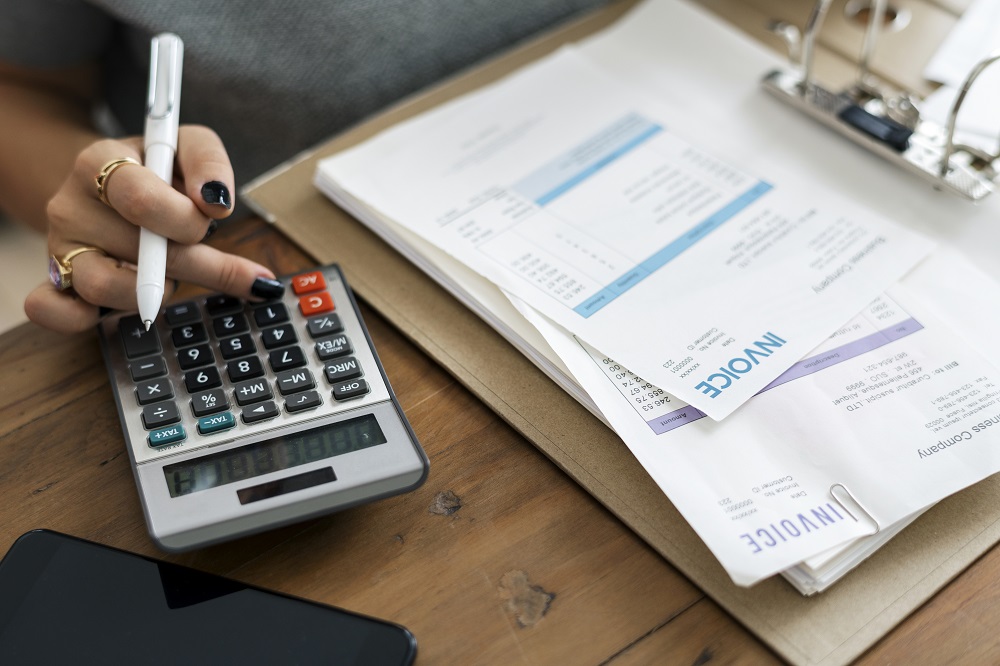
More people in the UK are trading their office jobs with more freedom by shifting to self-employment. According to the data from the Office for National Statistics (ONS), about 4.8 million of the population are already self-employed. It is a significant increase from only 3.3 million around 15 years ago.
For these self-employed individuals, it’s always not about the money. A study among 5,000 workers from countries such as the UK, the United States, and New Zealand revealed that this group is the happiest for two reasons. First, they feel more successful in their careers. Second, they believe that they are contributing more to their industry.
Self-employment, however, isn’t rosy through and through. It does have a long list of challenges, including taxation. This article aims to expound on the subject and highlight the requirements of getting tax support, which includes account preparation in Orpington.
Hefty Taxation Penalties

When it comes to taxation, the basic rule in the UK is the same as almost all countries in the world: if the person earns income, he or shee needs to pay tax. The amount depends on the actual wage or revenue that self-employed individuals generate.
A significant part of the taxation process is conducting self-assessment. It means that the responsibility of informing the government on tax due relies on the person preparing or submitting the return.
In the UK, a self-employed individual should perform a self-assessment if they classify themselves as a sole trader and earn at least £1,000. Those who are earning wages might still have to file a self-assessment return if they received foreign income, tips, commission, and income derived from investments and savings.
It might sound easy, but the country has one of the most complex tax systems in the world. The tax code alone spans more than 15,000 pages. Self-employed individuals are also more likely to spend long hours on their business, setting aside less time for tax preparation. All these can lead to missing out on the self-assessment and paying fines that can accumulate over time.
In 2017, about 6.5% or 750,000 people in the UK failed to submit their self-assessment tax return on time. These included self-employed individuals. These people run the risk of incurring a penalty of £100 for the first three months after the deadline. After that, it can increase to £10 each day of non-submission. The maximum penalty can reach up to £900, excluding other charges within six months to a year after the deadline.
Why Self-Employed People Need Help in Account Preparation
The submission of your self-assessment and the payment of taxes have two separate dates. There’s also another date for those who wish to file either paper or online tax returns. Either way, they tend to occur during the last three months of the year.
For anyone who’s doing business, it’s one of the most critical. It’s the last stretch, the best time to make the most of their sales. It’s also one of the busiest times of the year. Not everyone has the time to close or look at their accounts for tax purposes.
Solo traders can avoid the tax penalties and spend more time on their operations by allowing accounting professionals help with the year-end accounts. Tax preparers can also help the business by ensuring that it can take advantage of all applicable tax credits and deductions.
